Mental Health Disorders
Discover a comprehensive continuum of care for mental health disorders in Pennsylvania.
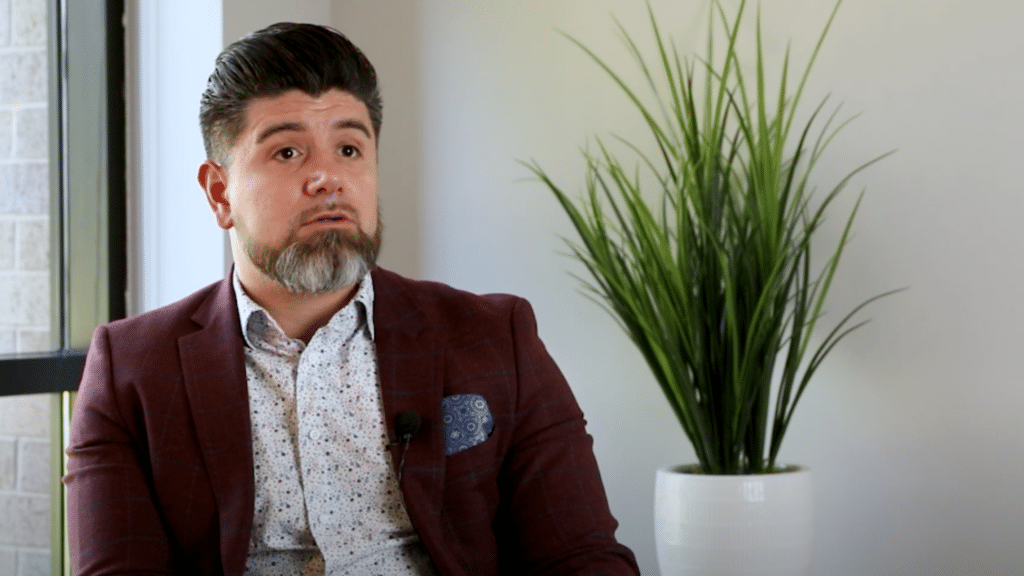
Pennsylvania’s leading comprehensive mental health treatment network
Accredited by the Joint Commission, we specialize in supporting adults facing complex mental health conditions, including those with co-occurring substance use disorders (SUDs).
If you or a loved one is struggling with mental health, choosing the right treatment program is a crucial step toward healing. Our compassionate team meets you where you are and adapts to your needs throughout your recovery journey.
We provide continuous, personalized support in a nurturing environment, addressing a wide range of mental health conditions and treatment needs.
No matter where you are in your recovery journey, we’re here to help you find your path forward.
Mental Health Treatment at STR
Who We Treat
Adults of all genders (18+)
Levels of Care
Residential treatment, partial hospitalization program (PHP), intensive outpatient program (IOP), supportive housing, alum program
Conditions Treated
Anxiety disorders, bipolar disorders, borderline personality disorder (BPD), depressive disorders, obsessive-compulsive disorder (OCD), schizophrenia, schizoaffective disorder, co-occurring substance use disorders (SUDs)
Payments Accepted
Commercial insurance, private pay
Medicare/Medicaid
Not accepted
Our Mental Health Treatment Locations
With convenient locations in Bucks County, Lehigh Valley, Lancaster, and Mahanoy City, Pennsylvania, our treatment facilities provide clients with privacy and comfort as they navigate their recovery journey
-
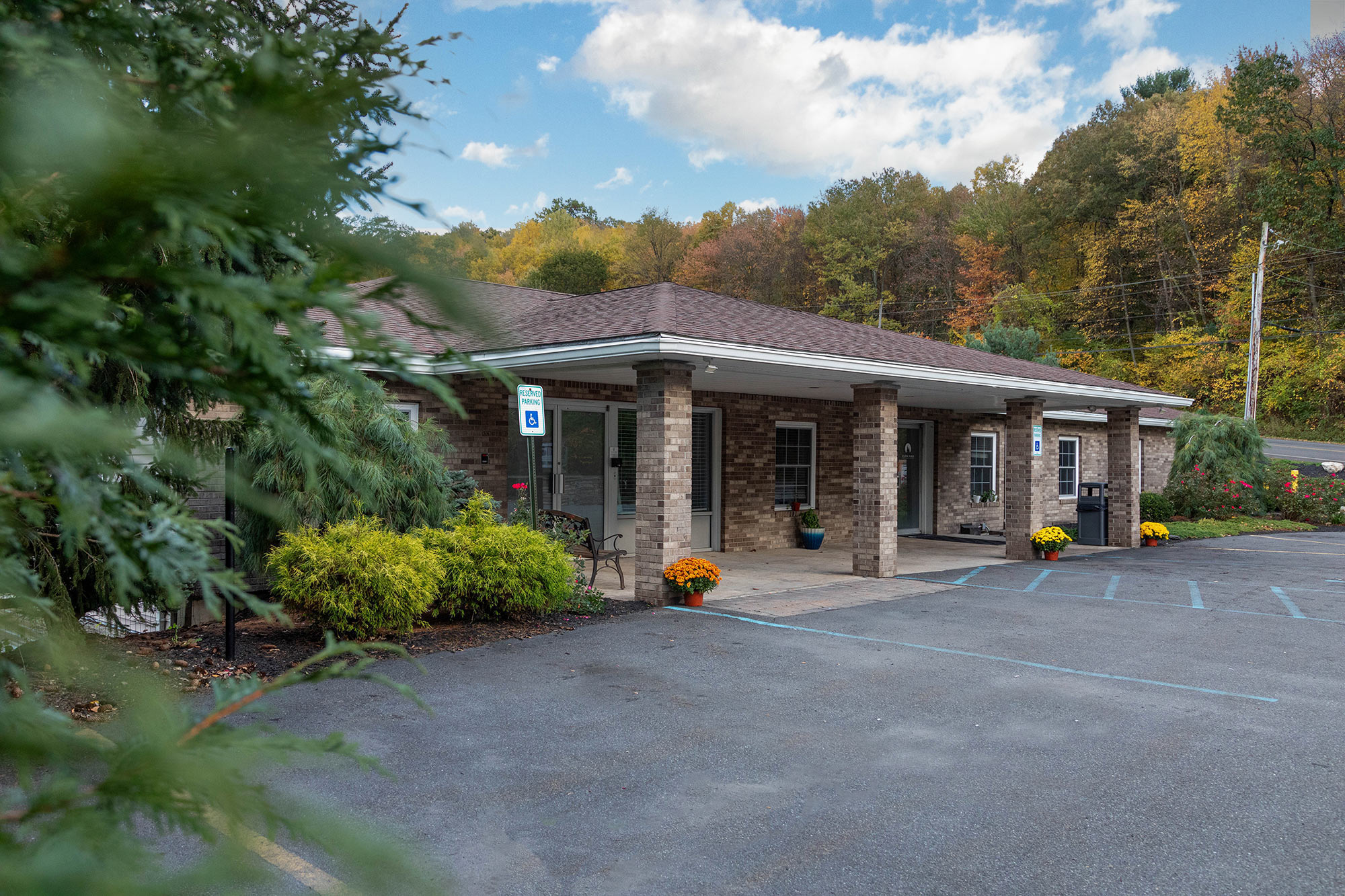
Silver Pines Detox + Residential
Medical detox and residential treatment for substance use disorder, alcohol use disorder, mental health disorders, and dual diagnosis.
-
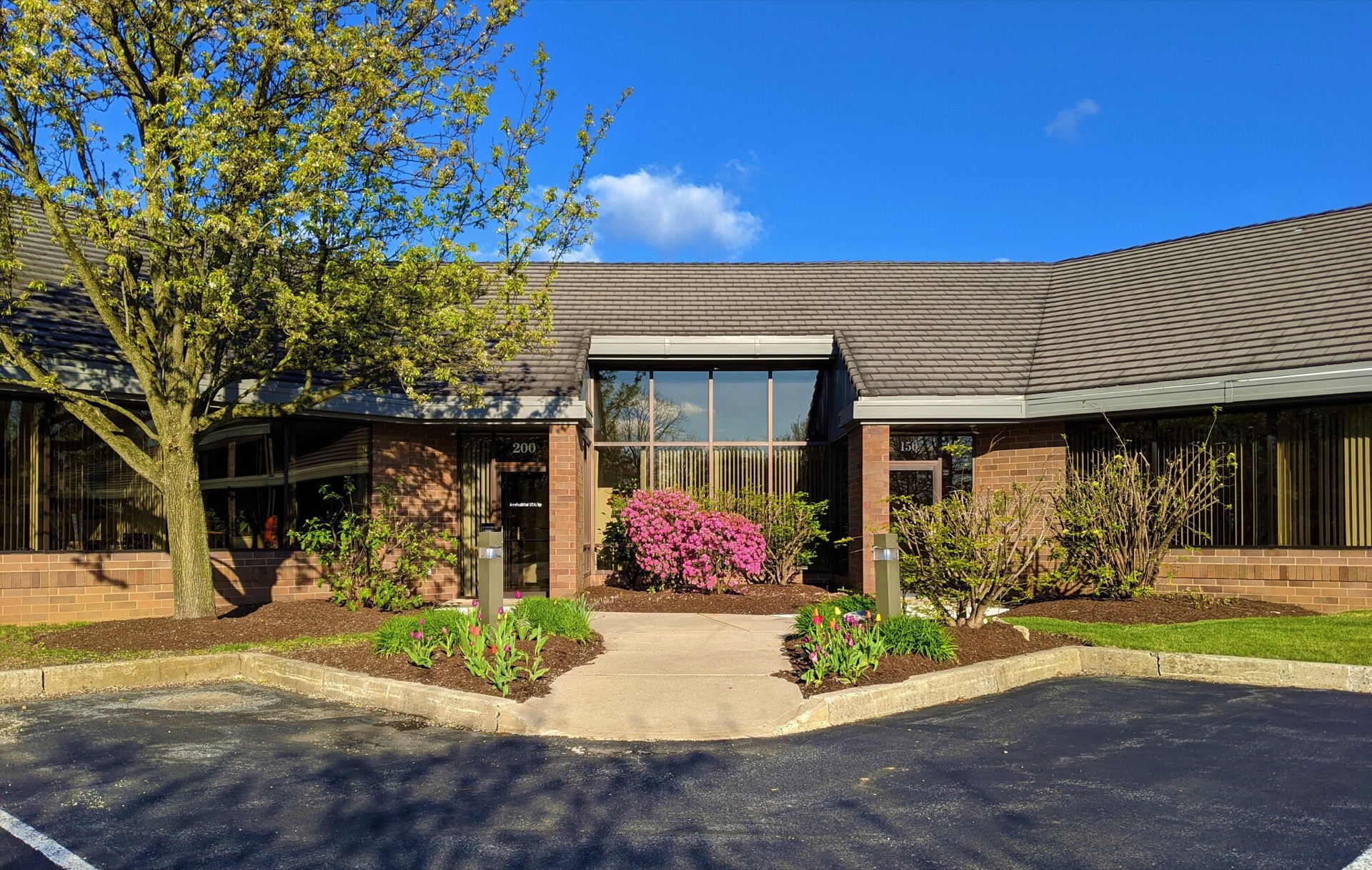
Lehigh Valley Outpatient
PHP & IOP for mental health disorders, substance use disorders, and dual diagnosis.
-
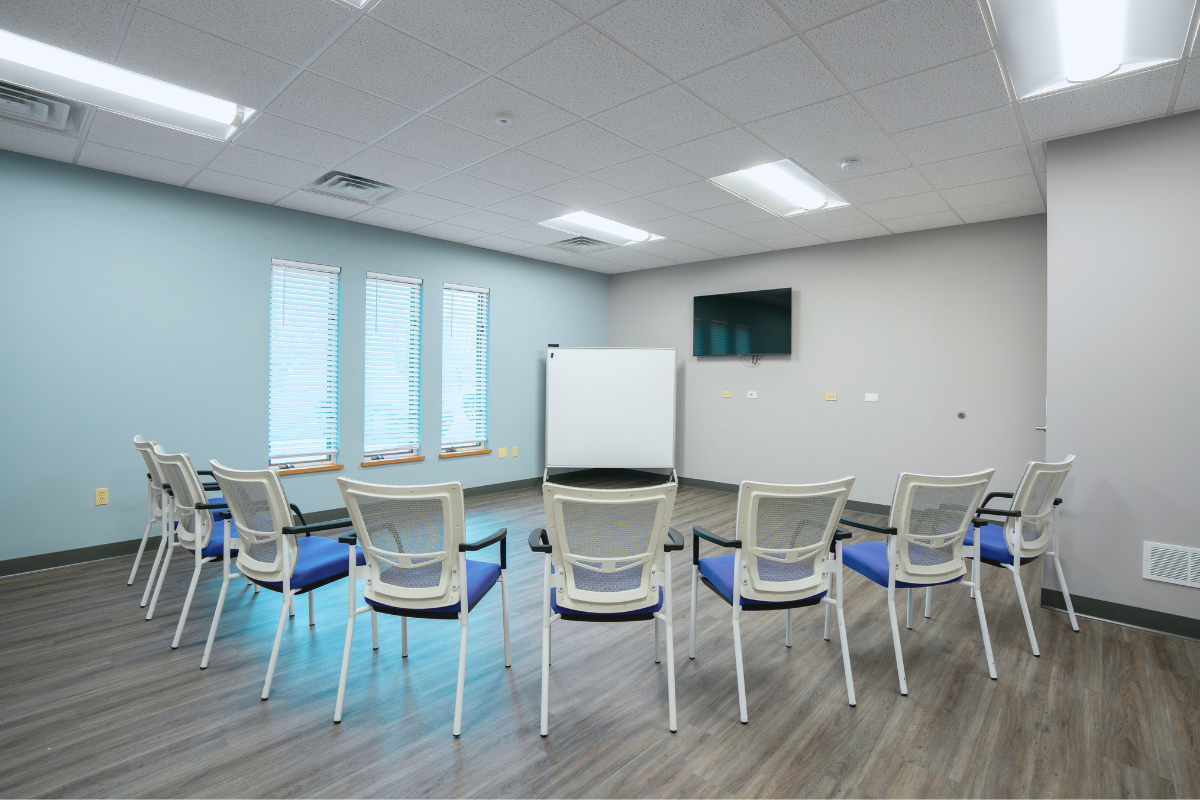
Lancaster Outpatient
Immersive outpatient treatment for addiction, mental health, and dual diagnosis in Pennsylvania.
-
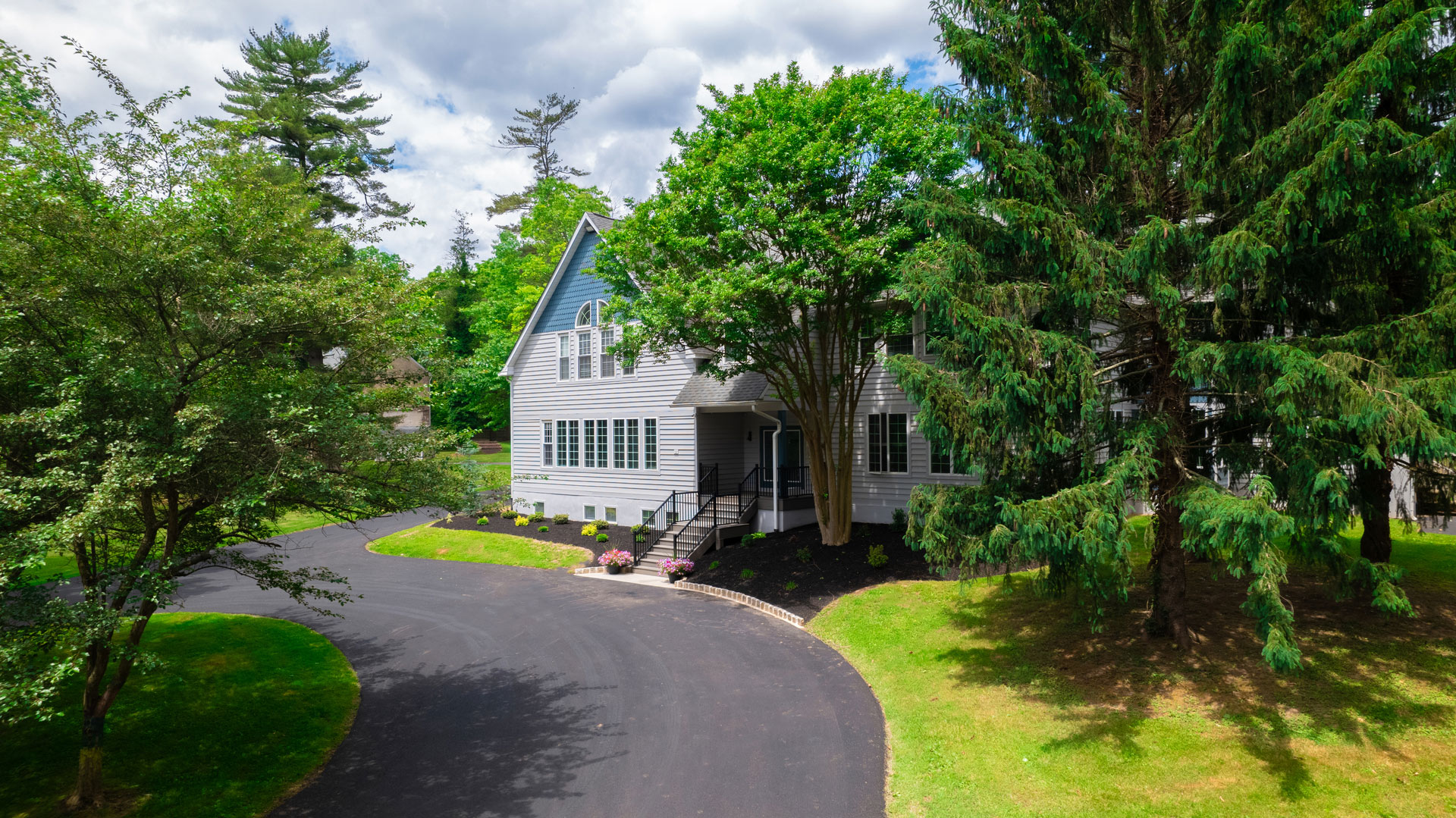
Cedar Creek Residential
Residential treatment for complex mental health disorders.
-
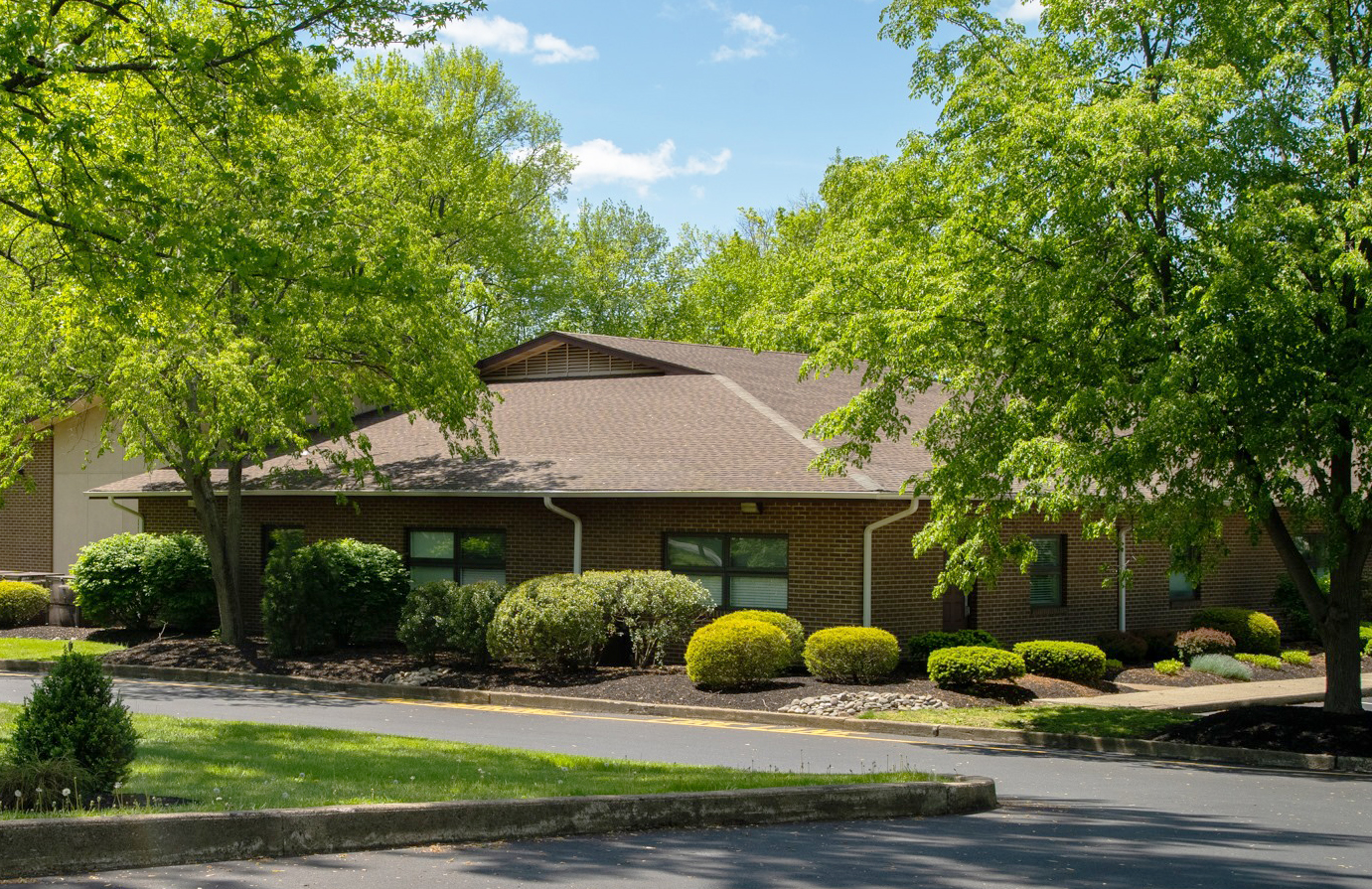
Bucks County Outpatient + Housing
PHP and IOP for mental health disorders, substance use disorders, and dual diagnosis, with supportive housing options.
About our mental health treatment programs
At STR, we empower our clients to take an active role in their treatment journey. After your initial psychiatric assessment, our care providers will work with you to create a personalized program that addresses your unique needs and challenges.
As you progress, you’ll have regular check-ins with your providers to review your medications and therapies, making adjustments as needed. This ensures you consistently receive the appropriate level of support and the most effective interventions for your recovery.
Empowering you on your journey to lasting recovery and well-being.

What We Treat
We specialize in supporting adults with complex or severe mental health conditions, including those with co-occurring substance use disorders.
What to expect from mental health treatment at STR
At STR, our multidisciplinary clinical team brings a wide range of treatment and therapy expertise to support clients who have faced challenges in traditional treatment environments, including:
- Individuals transitioning from acute psychiatric hospitalization
- Clients with complex mental health conditions
- Those who have not responded to conventional outpatient therapy or other treatment methods
- Individuals with multiple co-occurring mental illnesses
- Clients facing co-occurring mental health issues and eating disorders
Our team works collaboratively to provide tailored care for those needing a higher level of support and specialized treatment.
In addition to individual and group therapy, we provide holistic treatments that focus on mental, spiritual, social, and physical well-being:
- Art therapy
- Meditation
- Exercise + recreation
- Nutrition therapy
- Support groups
These therapies help clients build a well-rounded foundation for recovery, promoting overall health and wellness.
We offer integrated care for clients dealing with both mental illness and co-occurring substance use disorders, including:
- Detox + withdrawal management
- Residential dual diagnosis treatment
- Partial hospitalization program (PHP)
- Intensive outpatient program (IOP)
- Supportive housing
This comprehensive approach ensures that both conditions are addressed simultaneously, offering a holistic and practical path to recovery.
Levels of Care
Many individuals aren’t yet ready to return to everyday life after completing residential treatment. They require a gradual step-down in care, allowing them to continue building and practicing new skills and coping strategies. Our comprehensive continuum of care provides the treatment and support needed at every stage of the recovery journey
Medical Detox
Medical detox that prioritizes your comfort, safety, and recovery.
Residential Treatment
24/7 supervision, support, and intensive daily treatment in a serene, non-hospital environment.
Partial Hospitalization
Program (PHP)
Structured daily treatment that allows for great personal independence.
Intensive Outpatient
Program (IOP)
Continued care with flexibility to accommodate work, school, and family responsibilities.
Supportive Housing
Safe, affordable, recovery-focused housing for clients in treatment.
FAQs
Mental Health Disorders
What are mental health disorders?
Mental health disorders are medical conditions that disrupt a person’s thoughts, emotions, behaviors, and overall functioning. According to national estimates, nearly one in five adults in the United States lives with a mental health condition in any given year.[1] These conditions vary widely in severity, from mild forms of anxiety or depression to more serious disorders such as bipolar disorder, schizophrenia, or post-traumatic stress disorder (PTSD).
Mental health disorders often develop through a combination of factors, including genetics, brain chemistry, and environmental influences such as trauma, chronic stress, or adverse childhood experiences. While the exact cause of any single disorder is difficult to pinpoint, researchers agree that biological and environmental risk factors interact to increase vulnerability. Many individuals also experience multiple conditions at once, which can complicate symptoms and the treatment process.
Left untreated, mental health disorders can negatively impact relationships, work, physical health, and overall quality of life. Recognizing these conditions as legitimate medical issues is crucial. With evidence-based treatment — including therapy, medication, and supportive services — most individuals can manage symptoms effectively and achieve stability.
Reference: Substance Abuse and Mental Health Services Administration (2020). Key Substance Use and Mental Health Indicators in the United States: Results from the 2020 National Survey on Drug Use and Health.
What are symptoms of a mental health disorder?
The symptoms of a mental health disorder can vary widely depending on the specific condition and its severity. For example, a person experiencing depression may struggle with persistent sadness, loss of interest in daily activities, and fatigue, while someone with an anxiety disorder may face constant worry, restlessness, and difficulty concentrating. Because symptoms often overlap across different disorders, professional evaluation is important for accurate diagnosis.
Common signs and symptoms of a mental health disorder may include:
- Persistent sadness or hopelessness – Ongoing feelings of emptiness, worthlessness, or despair
- Excessive worry or fear – Intense anxiety that interferes with daily life
- Mood instability – Sudden mood swings, irritability, or aggression
- Withdrawal from others – Avoiding social interaction, family, or activities once enjoyed
- Sleep disturbances – Difficulty falling asleep, staying asleep, or oversleeping
- Changes in appetite or weight – Eating significantly more or less than usual
- Difficulty concentrating – Problems focusing, remembering, or making decisions
- Decline in daily functioning – Struggling to meet responsibilities at work, school, or home
- Thoughts of self-harm or suicide – Urges or behaviors that require immediate intervention
While these symptoms can feel overwhelming, effective treatment is available. Early recognition and professional care can help individuals manage their symptoms, build coping skills, and improve their overall quality of life.
How are mental health disorders diagnosed?
Mental health disorders are diagnosed through a comprehensive evaluation by a licensed clinician, such as a psychiatrist, psychologist, or therapist. This assessment typically includes a detailed review of symptoms, medical history, family background, and how daily functioning is affected. Providers, like the compassionate team at STR Behavioral Health, may also use standardized screening tools or questionnaires to better understand the severity and nature of symptoms, while ruling out medical issues that could contribute to mental health concerns.
Diagnosis is guided by criteria in the Diagnostic and Statistical Manual of Mental Disorders (DSM-5), which helps clinicians identify patterns of symptoms. However, the goal of diagnosis is not simply to apply a label — it’s to create a personalized treatment plan. A diagnosis provides clarity and direction, but treatment ultimately focuses on helping individuals improve their quality of life and achieve stability.
Why is treatment for mental health disorders necessary?
Treatment for mental health disorders is essential because conditions like depression, anxiety, bipolar disorder, and post-traumatic stress disorder (PTSD) can significantly interfere with daily life if left unaddressed. These disorders affect emotions, thoughts, and behaviors, often making it difficult to maintain relationships, succeed at work or school, and manage stress in healthy ways. Without treatment, symptoms frequently worsen and may lead to further complications, such as substance use or physical health issues.
Traditionally, mental health concerns were often minimized or treated only in crisis situations. Today, evidence-based treatment emphasizes early intervention and ongoing support. Comprehensive care may include therapy, medication management, skills training, and holistic supports to address both symptoms and underlying causes. By treating mental health disorders proactively, individuals gain the tools needed to manage their conditions, improve their quality of life, and sustain long-term stability.
We’re committed to providing life-changing treatment at every level. Here’s what members of our community say about us:
“My son got the best care and declared that he felt a more positive change than ever from attending STR Cedar Creek. The staff acutely paid attention to him, ensuring his care was tailored just for him. They went above and beyond to help meet his needs, and when he left, he felt ready … If you’re willing to do the work, I have no doubt that the amazing staff at STR Cedar Creek will help you realize your happiness and peace.”
—Grateful Parent of an Alum
Contact Us
Take the first step toward recovery today. Call now to connect with a compassionate team member who will answer your questions and guide you through the admissions process.
Prefer we reach out to you? Complete our contact form, and we’ll be in touch soon.
Admissions